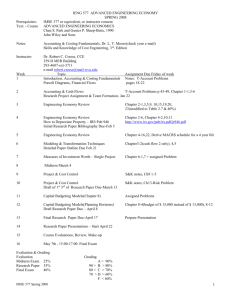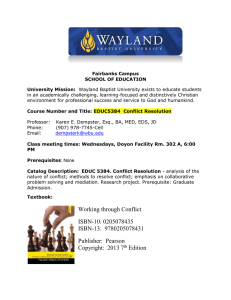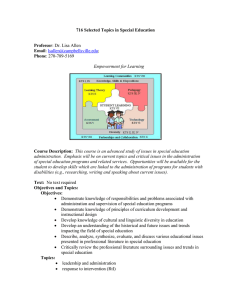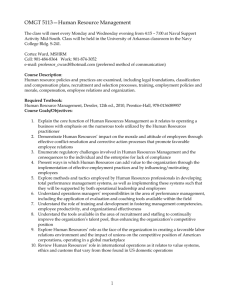Scientific Integrity, Social Justice
advertisement
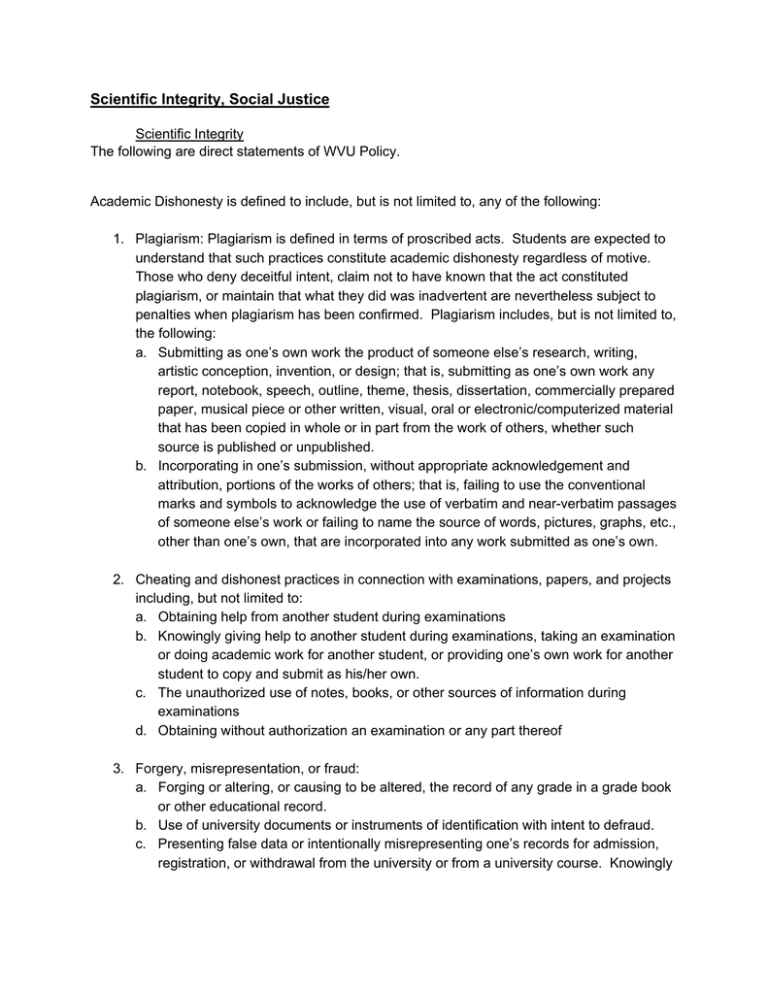
Scientific Integrity, Social Justice Scientific Integrity The following are direct statements of WVU Policy. Academic Dishonesty is defined to include, but is not limited to, any of the following: 1. Plagiarism: Plagiarism is defined in terms of proscribed acts. Students are expected to understand that such practices constitute academic dishonesty regardless of motive. Those who deny deceitful intent, claim not to have known that the act constituted plagiarism, or maintain that what they did was inadvertent are nevertheless subject to penalties when plagiarism has been confirmed. Plagiarism includes, but is not limited to, the following: a. Submitting as one’s own work the product of someone else’s research, writing, artistic conception, invention, or design; that is, submitting as one’s own work any report, notebook, speech, outline, theme, thesis, dissertation, commercially prepared paper, musical piece or other written, visual, oral or electronic/computerized material that has been copied in whole or in part from the work of others, whether such source is published or unpublished. b. Incorporating in one’s submission, without appropriate acknowledgement and attribution, portions of the works of others; that is, failing to use the conventional marks and symbols to acknowledge the use of verbatim and near-verbatim passages of someone else’s work or failing to name the source of words, pictures, graphs, etc., other than one’s own, that are incorporated into any work submitted as one’s own. 2. Cheating and dishonest practices in connection with examinations, papers, and projects including, but not limited to: a. Obtaining help from another student during examinations b. Knowingly giving help to another student during examinations, taking an examination or doing academic work for another student, or providing one’s own work for another student to copy and submit as his/her own. c. The unauthorized use of notes, books, or other sources of information during examinations d. Obtaining without authorization an examination or any part thereof 3. Forgery, misrepresentation, or fraud: a. Forging or altering, or causing to be altered, the record of any grade in a grade book or other educational record. b. Use of university documents or instruments of identification with intent to defraud. c. Presenting false data or intentionally misrepresenting one’s records for admission, registration, or withdrawal from the university or from a university course. Knowingly presenting false data or intentionally misrepresenting one’s records for personal gain. d. Knowingly furnishing the results of research projects or experiments for the inclusion in another’s work without proper citation e. Knowingly furnishing false statements in any university academic proceeding. Social Justice West Virginia University is committed to social justice. The faculty join with our colleagues throughout this campus to promote learning in a positive environment base on open communication, mutual respect, and non-discrimination. We support open inquiry and communication between faculty and students in every aspect of our course. Discrimination of any kind violates the principles of mutual fairness and respect that are necessary to maintain a positive learning environment. We welcome suggestions on ways to improve, enhance or protect the rights of our students and faculty. Our University does not discriminate on the basis of race, sex, age, disability, veteran status, religion, sexual orientation, color, or national origin. Disability If you are a person with a disability and anticipate needing any type of accommodation in order to participate in the BSGP, please advise us and make appropriate arrangements with Disability Services (304-293-6700). Inclusivity Statement “The West Virginia University community is committed to creating and fostering a positive learning and working environment based on open communication, mutual respect, and inclusion.”
